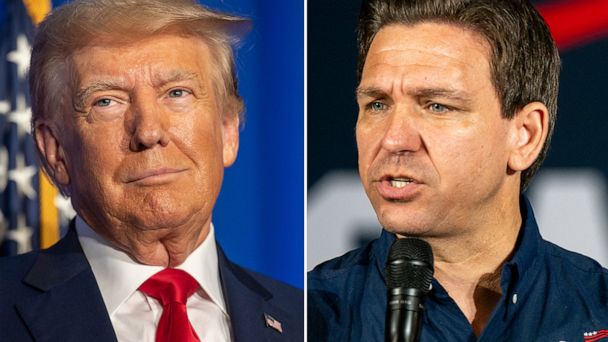
The health data giant IQVIA became a dominant force by gobbling up its rivals. Over decades, it feasted on upstarts with new datasets or novel technologies, growing into a juggernaut with no peer in the business of brokering Americans’ medical information.
Now, government regulators say, IQVIA’s appetite for acquisition is getting out of control — and must be reined in.
advertisement
A Federal Trade Commission lawsuit seeking to block its acquisition of the digital advertising firm DeepIntent marks a crossroads for the company and the multi-billion dollar medical advertising economy it serves. The agency, which is seeking an injunction and temporary restraining order in federal court, argues that IQVIA’s data vault has become so large — and revealing — that it forms the substrate of an entire industry focused on showering doctors and patients with marketing messages.

Unlock this article by subscribing to STAT+ and enjoy your first 30 days free!
GET STARTED Log InNext article: In Memoriam: Notable people who died in 2023

















